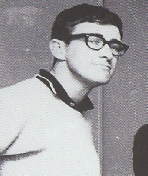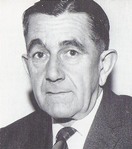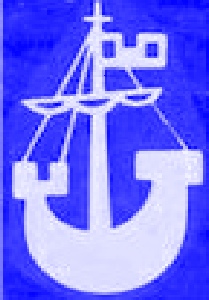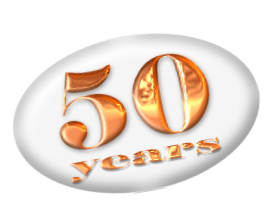© 2014-

THE PEOPLE -
DENNIS O’CALLAHAN
O’CALLAHAN
Denis O’Callahan was a technical engineer whose talents were responsible for putting Radio Hauraki on the air, and maintaining its ability to broadcast despite several setbacks and mishaps to the ships and technical equipment.
After leaving Radio Hauraki when it became a legal, landbased station he joined international communications company, Plesseys. While working there he also managed, through part-
He then went on to work with electrical contractors William J Parlour, on automation gear and industrial controls equipment. He later joined International Data Ltd (IDL) as a field engineer, later becoming Group Development Manager for the Eagle Technology Group (which grew out of IDL as one of New Zealand’s top computer companies).
As well as the people responsible for founding Radio Hauraki a New Zealand Government Minister -
JACK S COTT
COTT
William John Scott -
He was a cabinet minister in the Second National Government under Keith Holyoake. He was Minister of Marine (1963–1969), Postmaster-
The most famous perhaps were his considerable efforts in 1966 to stop Radio Hauraki putting to sea in the Tiri to set up a pirate radio station outside the three-
This unwelcome challenge of the Government's tight control of broadcasting saw Scott, as Minister of Marine, ordering the ship held in port under a detention order.
This declared that the Tiri, by "reason of her defective hull and lack of means of independent propulsion ... is unfit to put to sea". The Auckland District Court later dismissed charges of defying the order against five Radio Hauraki directors.
But it was probably as Minister of Marine that Jack Scott made his greatest contribution, pushing an infant New Zealand fishing industry towards a better future in the days when a trial export of fish to Japan was an event, and oyster and mussel farming was being investigated.
Under his ministry New Zealand established a 12-
In 1964 there were complaints of large foreign whaling fleets off New Zealand, and the same year the Government offered our own Tory Channel whalers a guaranteed sperm-
Scott was described by some as a serious-
Retiring from Parliament he became chairman of the New Zealand Historic Places Trust from 1970-
In the 1994 Queen's Birthday Honours, Jack Scott was made a Companion of the Queen's Service Order for public services.
Do you have any other memorabilia about Radio Hauraki which we could add to this Special Exhibition?
If you do, and you are willing to allow the Museum to use it, please contact
resources@offshoreradiomuseum.co.uk
We look forward to hearing from you








Ground
Back to






Click here to visit the New Zealand Gallery and the full story of Radio Hauraki




